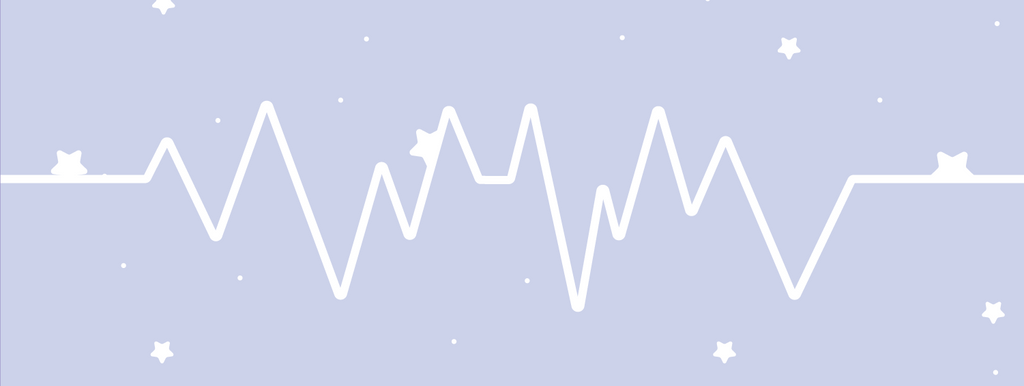Although melatonin is largely considered a safe sleep aid for most people, is it safe for people with high blood pressure?
How does sleep affect blood pressure?
There's evidence suggesting how long-term lack of sleep or poor sleep quality can increase a person's risk for developing hypertension (high blood pressure), in addition to things like cardiovascular diseases, obesity, and impaired immune function.
Studies show how getting insufficient sleep is correlated with increased blood pressure and heart rate the next day.
Like other aspects of your health, sleep is important for helping maintain your blood pressure.
Can melatonin raise your blood pressure?
If you take melatonin to help you sleep, can it affect your blood pressure?
Across different studies using hypertensive patients, melatonin is observed to both raise and lower blood pressure temporarily at night.
One one hand, melatonin could possibly contain some antihypertensive agents, which might contribute to lowered blood pressure at night. A study found that repeated melatonin intake reduced blood pressure in hypertensive patients.
On the other hand, other study results indicate that melatonin might impair antihypertensive therapy, inducing a risk of increased blood pressure. This might pose a possible risk to taking melatonin in addition to having a blood pressure condition for some people.
One study’s results found that melatonin both lowered and also increased blood pressure in patients, with inconsistent results. The inconsistent results did not indicate specific characteristics that causes them.
The link between melatonin and raised blood pressure requires further examination to determine what puts certain people at risk.
Signs of increased blood pressure
If you experience any of these symptoms after taking melatonin, discontinue use and get medical care as needed.
- Irregular heartbeat
- Difficulty breathing
- Chest pain
- Fatigue
- Headaches
- Vision problems
What effect does melatonin have on blood pressure medication?
Mayo Clinic provides a list of medications that might potentially interact with melatonin, which includes blood pressure medication. However, there's not much research available on the specific effect melatonin has on blood pressure medication.
Mixing melatonin and hypertension medication may have an effect on the medication's efficacy or your body’s natural melatonin production at night.
Overall, one should avoid mixing melatonin with blood pressure medication until you are able to consult with your physician. Melatonin should also not be used as a supplement to lower or raise blood pressure unless otherwise advised by one’s physician.
What else should I not mix with blood pressure medication?
In addition to certain medication, it's not advised to mix caffeine or alcohol with blood pressure medication. Both these can also negatively impact your ability to sleep.
Medications such as antihistamines can raise blood pressure. Other drugs including some antidepressants can also potentially increase blood pressure. Consult with a physician before taking things in addition to your blood pressure medication.
Side effects using melatonin
Melatonin is generally considered to be a safe supplement to take for healthy adults, but there are still potential side effects one may experience. These side effects include:
- Headaches
- Nausea
- Dizziness or grogginess
- Feeling tired in the morning
- Nightmares
- Agitation or mood swings
If you’ve previously experienced side effects or even a significant change blood pressure while using melatonin, please speak with your physician about continuing use. Discuss with your physician before taking melatonin in addition to existing medication.
How to use melatonin safely
The average recommended dose for healthy adults for a typical melatonin supplement is anywhere between 0.5mg to 10mg. The dose should be adjusted for children, elderly people, and people who have health conditions that might affect their sensitivity to melatonin.
When taking melatonin as a sleep aid, start with the lowest possible dose before adjusting to a higher dose. Melatonin supplements like Ascent Sleep start as low as 0.2mg per dose, but work more efficiently.
